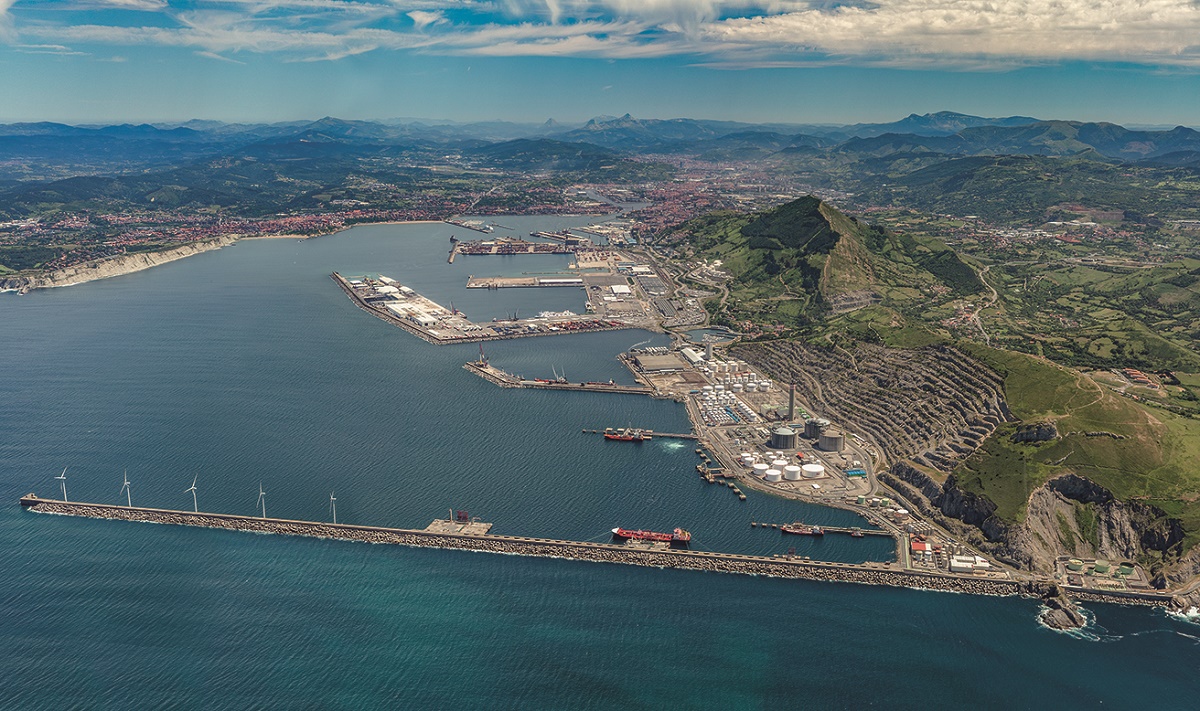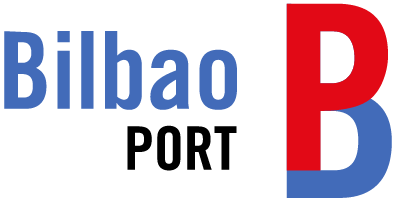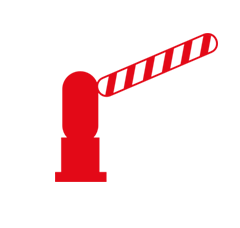The Port of Bilbao continues to consolidate its position as a benchmark in innovation within the logistics-port sector, supporting 11 of the 39 innovation ideas approved in the general modality of the 3rd Call for Ideas of the Ports 4.0 programme, the resolution of which has been published today. Since the launch of the Ports 4.0 call, a total of 25 projects facilitated and/or supported by Bilbao PortLab have been approved. With the 11 ideas approved in this latest call, the total number of innovation initiatives taken forward with the Port of Bilbao as a Living Lab now stands at 36, all of them co-funded by this programme.
Ports 4.0
The Ports 4.0 Capital Fund is designed to attract innovation to the port sector, enabling entrepreneurs, researchers, start-ups, university spin-offs, small and medium-sized technology companies and large corporations to learn about and address the challenges of the logistics-port sector. The purpose of the fund is to promote the development of innovative technological solutions, whether products, services or processes, through the application of new enabling technologies for the fourth industrial revolution, with the end goal of improving the competitiveness, efficiency, sustainability, decarbonisation and safety of the Spanish logistics-port sector and to help drive its digitalisation process.
Ideas modality
The amount earmarked for this Call for Ideas is 15,000 euros, to be used to develop innovations from TRL 1-2 to TRL 3 by conducting a proof of concept. These grants are designed to develop new products, services or processes, or improve existing technologies with innovative components, applicable to the logistics-port sector. Applications must promote measurable breakthrough solutions in areas such as logistics efficiency, environmental and energy sustainability, security, process digitalisation and smart platforms, amongst others.
Bilbao PortLab
As the innovation hub of the Port of Bilbao, the objective of Bilbao PortLab is to facilitate the transition towards a smarter, nimbler and more sustainable port. With an ecosystem of more than 1,400 players, Bilbao PortLab acts as a catalyst for innovation, facilitating projects and matching up the challenges of the companies of the port community with innovative solutions. These projects, prototypes and pilots are developed and taken forward in the Port of Bilbao as a Living Lab: a real test environment, with experts, data, machinery, spaces and other resources made available and support provided by various calls for funding.

The 11 ideas approved on this occasion are:
- ESTREM, a partner in the EKINBARRI initiative of Cebek, for generating an AI solution to increase commitment and productivity in companies, reducing absenteeism.
- HUPI, to create a system for assessing and predicting the impact of port activities on specific environmental indicators (turbidity, chlorophyll and hydrocarbons), representative of maritime biodiversity, in real time, based on satellite images and AI engines.
- 360GASES, in collaboration with Fagor Ederlan, to develop a proof of concept of a fuel cell based high power electric generator.
- AOTECH, in collaboration with SLP, to develop an IoT platform for real-time monitoring of the quality of bulk goods in loading/unloading operations.
- ZENIT SOLAR, to develop the proof of concept of an end-to-end solution designed to address port-specific energy challenges, promoting efficiency, sustainability and potential collaboration between the different companies within the port environment.
- WE ARE CLICKERS, specialists in AI, to develop an innovative tool designed to significantly improve data quality and availability. The tool proposes the use of advanced AI, statistical and data imputation techniques to identify and fill gaps in existing data collection. Using advanced AI algorithms, the tool will be able to perform accurate imputations on missing data, detect outliers and other potential errors, and collect scattered and unstructured data from other data sources, transforming poor quality databases into well-informed databases with consistent and useful information to support robust decision making.
- FOLLOW INSPIRATION, a company based in Portugal, to develop an autonomous mobile robot designed to operate effectively in extreme conditions, where “extreme” is specifically defined as cold temperatures, allowing the robot to operate smoothly inside cold rooms, warehouses and factories with refrigeration systems.
- SBS, to develop and implement a CO2 capture system on vessels using HECO technology, which uses alkaline waste to capture CO2
- AUZIKER, to develop canine training baits for the detection of Fentanyl, which will allow drug detection dogs to be trained in an easy and, above all, safe way. This avoids the risks of training with the drug directly, achieving better trained dogs and increased security for the police when making seizures.
- BIRZIPLASTIK, to develop a system for revalorising plastic waste from the port into new recycled raw material.
Finally, ASIMOB proposes combining LiDAR and Artificial Vision to obtain a solution to determine how a special transport of any given size will affect the road infrastructure on which it is to be transported. The technology would indicate which elements are limiting the passage, with a view to analysing the feasibility of modifying the infrastructure and its repercussions.

 Port access
Port access